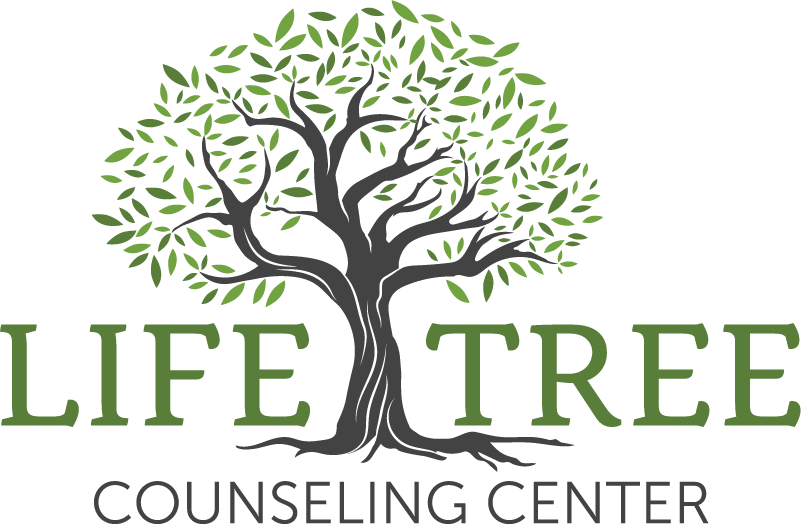FAQs
-
We keep our rates reasonable and competitive with the state average. These rates apply to individuals, couples, or families.
Session Fee: $135
Session Fee with Associate: $90
Session Fee with Graduate Student Intern: $40
If you are unable to afford the published fee, please contact our office at 281-207-0788. Because of our generous donors and supporters, LifeTree is able to offer counseling services on an adjusted fee scale. Our sliding scale is benchmarked against the Federal Poverty Level and takes into consideration your annual income, number of dependents and any major expenses such as medical bills or child support.
-
LifeTree Counseling Center does not currently accept insurance. However, we can provide you with the necessary paperwork for you to file a claim with your insurance company. We recommend you check with your insurance representative that they reimburse before scheduling an appointment.
If you cannot afford the listed session fees, please let us know. Thanks to the generosity of our supporters and donors, we are able to offer our counseling services on an adjusted fee scale. Our sliding scale is benchmarked against the Federal Poverty Level and takes into account your annual income, number of dependents, and any other major expenses such as hospital bills or child support.
-
Everyone encounters challenges in life, and sometimes a person’s existing skills and knowledge alone can address some of those challenges. But, we are also social beings and none of us are experts in all areas of life. Sometimes we need the help, guidance, wisdom, and the professional presence and expertise that therapists can provide. Adjusting to life’s challenges as you learn new skills, tools, and insights to navigate current and future obstacles takes courage. People who decide to seek out therapy are taking responsibility for their lives in order to gain more insight, flexibility, and resilience.
-
Mental health therapy, including various modalities employed at LifeTree Counseling Center, is an evidence-based practice and helpful to most. Psychotherapy can help you grow in insight and self-awareness of your strengths and growth areas as well as your needs and wants. It can help you gain insight into old patterns with yourself or in relationships and then create new ones. It can help you identify your goals and develop strategies to meet them. You can learn new skills to cope with stress and other intense and often debilitating emotions such as anger, depression, anxiety, and grief. And you can find resolution to long-standing concerns, issues, worries, or burdens you feel stuck with.
-
The counseling journey is unique to each individual and each set of challenges faced. At LifeTree Counseling Center, therapy can be short-term to address specific concerns, or longer-term to explore more complex issues, long-standing concerns, or support continuing personal growth.
-
At LifeTree, we will meet you where you are in your beliefs. You can be assured that our staff is very professional and adheres to our professional codes of ethics, respecting your belief and value system. Our staff is trained at Integrating our clinical skills with biblically sound approaches.
-
A Licensed Professional Counselor - Associate (LPC-Associate) designation is similar to a medical resident. The requirements in the State of Texas to become a licensed counselor are very rigorous. After a person has completed both a bachelor and a master degree or a doctorate degree, they have to pass a national exam towards licensing as a state licensed counselor. Then a person is eligible to begin accumulating 3,000 hours of supervised experience. While they are in this process, which takes several years, their professional designation is LPC-Associate or LMFT-Associate. During this time, similar to a medical residency, the counselor works closely with a LPC-Supervisor.
-
In general, the law protects the confidentiality of all communications between a client and psychotherapist. No information is disclosed without prior written permission from the client. LifeTree takes each client’s privacy seriously and is respectful that this is essential to the therapeutic relationship.
However, there are some exceptions required by law to this rule. Exceptions include:
Suspected child abuse or dependent adult or elder abuse. The therapist is required to report this to the appropriate authorities immediately.
If a client is threatening serious bodily harm to another person. The therapist is required to notify the police.
If a client intends to harm himself or herself. The therapist will make every effort to work with the individual to ensure their safety. However, if an individual does not cooperate, additional measures may need to be taken.
-
In some cases a combination of medication and therapy is the right course of action. Working with your medical doctor you can determine what's best for you. It is well established that the long-term solution to mental and emotional problems and the pain they cause cannot be solved solely by medication. Instead of just treating the symptom, therapy addresses the cause of our distress and the behavior patterns that curb our progress. You can best achieve sustainable growth and a greater sense of well-being with an integrative approach to wellness.
-
While it’s not ideal, it’s not uncommon for one partner to seek help to make change in their relationship. We can help you individually make an impact on the relationship and help you to heal.
